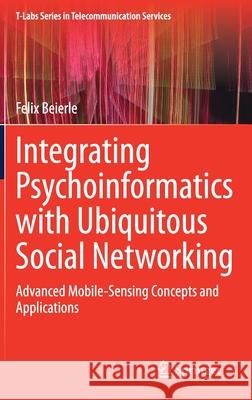Integrating Psychoinformatics with Ubiquitous Social Networking: Advanced Mobile-Sensing Concepts and Applications » książka
topmenu
Integrating Psychoinformatics with Ubiquitous Social Networking: Advanced Mobile-Sensing Concepts and Applications
ISBN-13: 9783030688394 / Angielski / Twarda / 2021 / 196 str.
Integrating Psychoinformatics with Ubiquitous Social Networking: Advanced Mobile-Sensing Concepts and Applications
ISBN-13: 9783030688394 / Angielski / Twarda / 2021 / 196 str.
cena 362,27
(netto: 345,02 VAT: 5%)
Najniższa cena z 30 dni: 346,96
(netto: 345,02 VAT: 5%)
Najniższa cena z 30 dni: 346,96
Termin realizacji zamówienia:
ok. 22 dni roboczych.
ok. 22 dni roboczych.
Darmowa dostawa!
Kategorie:
Kategorie BISAC:
Wydawca:
Springer
Seria wydawnicza:
Język:
Angielski
ISBN-13:
9783030688394
Rok wydania:
2021
Wydanie:
2021
Numer serii:
000904284
Ilość stron:
196
Waga:
0.49 kg
Wymiary:
23.39 x 15.6 x 1.42
Oprawa:
Twarda
Wolumenów:
01
Dodatkowe informacje:
Wydanie ilustrowane











